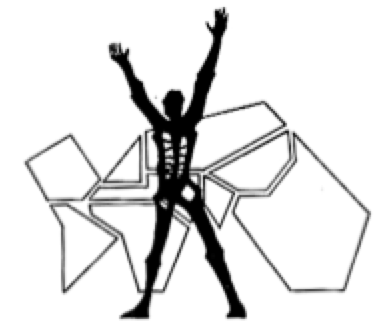What ICA Does: 3d
ICA Sparks CollaborationICA connects people and organizations to spark collaboration
An often-repeated phrase is “It’s not what you know, it’s who you know.” It points to a truth: social change occurs when creative people connect and act with each other in a concerted effort. While this is not a unique insight, the power of making connections is an important guiding principle behind ICA activities.
As an organization interested in catalyzing creative action beyond itself, ICA connects those who share values and interests. ICA transcends narrow perspectives of any particular group by focusing on universal concerns that are common to all. This was reflected by the word “ecumenical” in its original name and remains an important piece of ICA’s work now. Respecting, honoring, and ensuring diversity, be it of an interfaith or cross-cultural nature, are underlying principles of ICA as it goes about connecting people. In the 1980s this was the driving strategy behind the International Exposition of Rural Development (IERD). Under the theme of “Sharing Approaches That Work,” ICA documented successful examples of grassroots community development in over thirty nations and then convened a conference in New Delhi in 1984 in an international “plenary” attended by local representatives. Thirty years later, this same approach was used for launching the Accelerate 77 program in Chicago, by connecting people in Chicago’s 77 communities. It is by identifying and connecting the creative community initiatives of ordinary people that new ideas, practices, confidence, and commitment are successfully nurtured and developed. This is the nuts and bolts of movement building.
Making good connections is also a key feature for strengthening institutional aspects of ICA operations. This is an indispensible first step in building collaborative partnerships of all types. Good connections depend upon potential partners being familiar with each other’s vision and then interacting to shape new programs. This implies shared decision-making and ensures that all partners benefit from the contributions they make to a common task.
ICA’s work is “authorized” through connections. ICA has established nurturing relationships among those who can offer support when threatened by outside forces. Due to its unorthodox manner, ICA has often faced challenges that, if left unaddressed, would have stopped or damaged its work. Finding and nurturing influential supporters who are recognized in the established world is a strategic necessity, since power can speak to power in ways that others, including ICA itself, cannot.
Fundraising in its many forms — through grants, individual donations, or fee-for-service — most successfully occurs through strong working relationships with others. Probably more than in any other area, raising money depends upon “who you know.” While not everyone appreciates this, it is a fact of life within the working environment today of non-profit organizations.
Finally, nurturing personal connections is the primary means by which ICA “attracts” potential stakeholders and partners. This is particularly true for enlisting prospective board members and the hiring of new staff. Recent experience in the transition of executive leadership at ICA-USA underscores the importance of viewing the succession process as a matter of “attracting” rather than “recruiting.” Connections that complement management skills with a deep familiarity, appreciation, and understanding of ICA values and principles are key.
